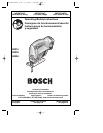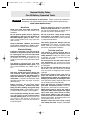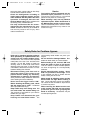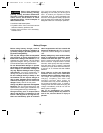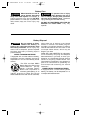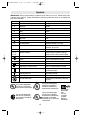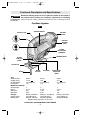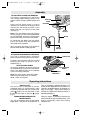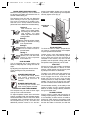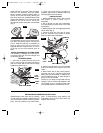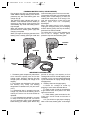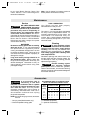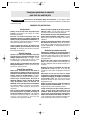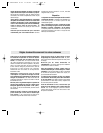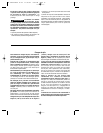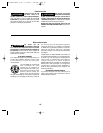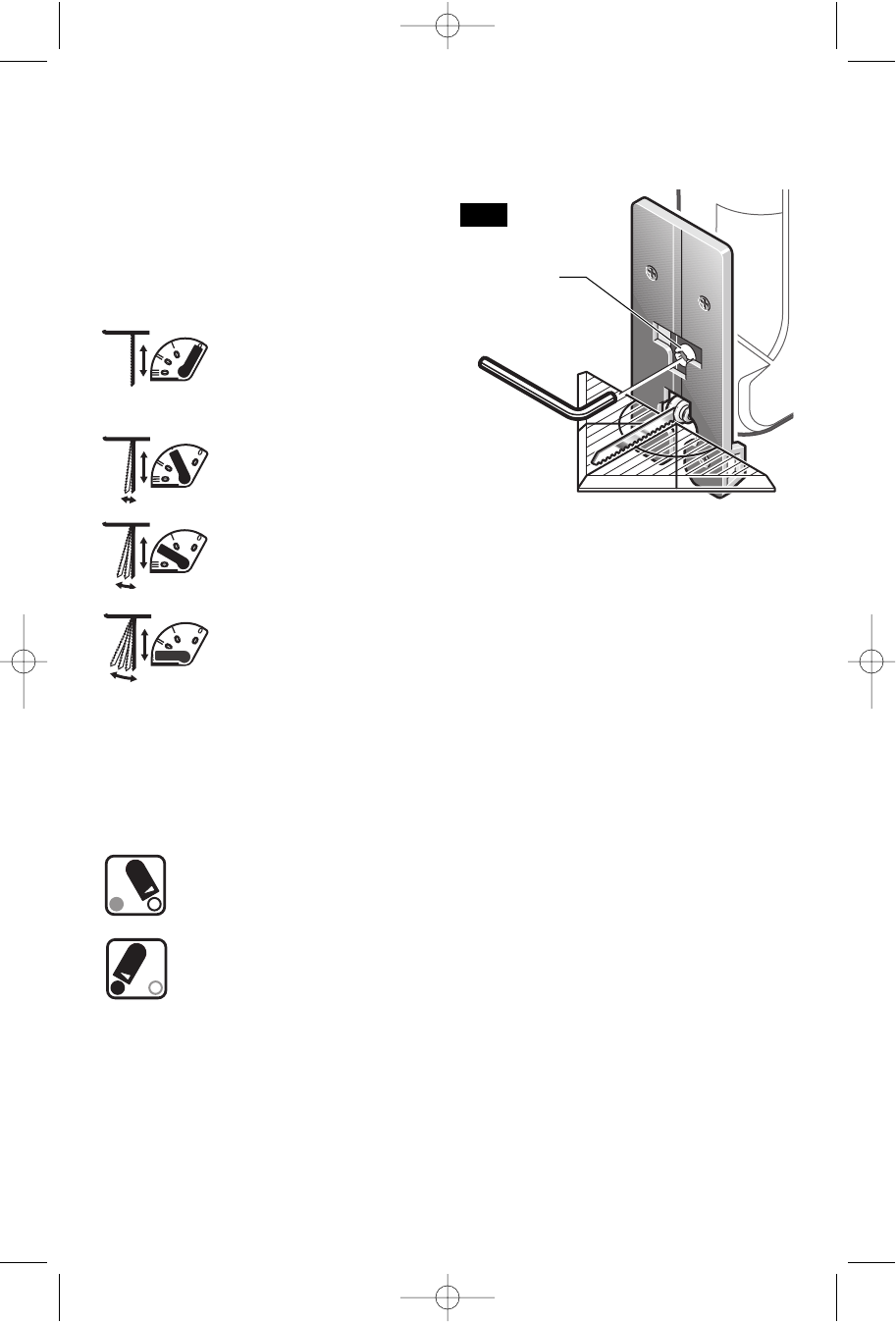
-9-
BLADE ORBIT SELECTOR LEVER
Maximum cutting efficiency can be obtained
by adjusting the blade orbit selector lever to
suit the material being cut.
The following chart will help you determine
which setting to use for your application.
This chart is intended as a guideline only,
and test cuts in scrap material should be
performed first to determine the best setting.
Setting O
Hard materials such as
metals or thin sheet metals.
This setting can be used with
knife blades, grit edge
blades, rasp work. and down
cutting blades.
Setting 1
Soft materials where cleaner
cutting or delicate scrolling
work is performed.
Setting 2
Medium density materials
such as harder woods or
particle board.
Setting 3
Soft materials such as wood,
plastics, etc. and when fast
cutting is more important
than a clean cut
CHIP BLOWER
Your is equipped with a two position chip
blower to help keep the cutting line clear of
chips.
By adjusting the chip blower lever the force
of the discharge air may be altered as
follows;
BLOWER SWITCHED ON
For working with wood, plastic
and similar materials that
produce large amounts of
sawdust.
BLOWER SWITCHED OFF
For working with metals and
when cooling agents are used.
FOOTPLATE ANGLE ADJUSTMENT
The footplate may be tilted to allow angle
cuts up to 45º in either direction.
To adjust footplate, loosen screw with allen
wrench provided, slide the footplate slightly
forward towards the front of tool, then rotate
to desired angle. The detent slots will hold
the footplate firmly at 45º, and there are
additional position marks for 15º and 30º
angles. Intermediate angles may be set with
a protractor. After positioning the footplate
securely tighten screw (Fig. 4).
FLUSH CUTTING
To allow the saw to make a perpendicular
cut close to a vertical surface, the footplate
may be repositioned as follows.
Loosen screw, move the footplate back in
the 0º alignment slot, and securely tighten
screw. Note that when the footplate is
retracted in this manner, only 90º cuts are
possible, and the optional cutting guide and
anti-splinter insert guide may not be used.
TOOL TIPS
Always be certain that smaller workpieces
are securely fastened to a bench or other
support. Larger panels may be held in place
by clamps on a bench or sawhorses.
To begin a cut, clearly mark the cutting line,
and rest the front of the footplate on the
work. Engage the switch, and move the
blade into the work using only enough
forward pressure to keep the blade cutting
steadily. Do not force, as this will not make
the saw cut faster; let the blade do the work.
Choose blades carefully, as the ability of the
jigsaw to follow curves, provide smother
finishes, or faster cutting is directly related to
the type of blade used.
PLUNGE CUTTING
Plunge cutting is useful and time-saving in
making rough openings in softer materials. It
is not necessary to drill a hole for an inside or
pocket cut. Draw lines for the opening, hold
the saw firmly, tilt it forward so that the toe of
the saw foot rests on the work, but with the
FOOTPLATE
SCREW
FIG. 4
BM 2610916876 11-03 11/19/03 3:02 PM Page 9



